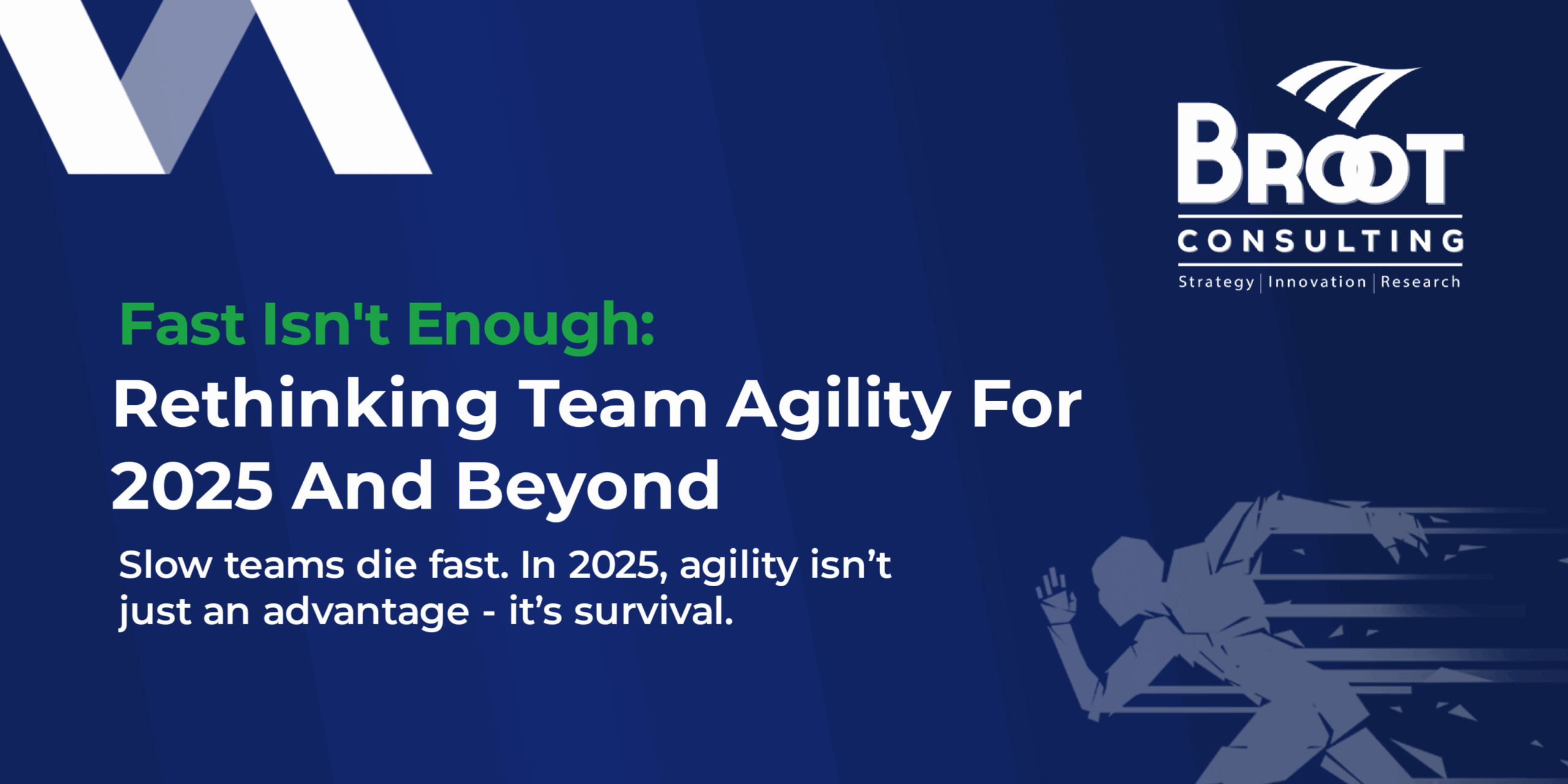“Feedback” as simple and easy as it sounds, has been a topic of interest lately especially as it concerns HR providing feedback to job candidates. The majority of recent discussions continue to cast aspersion on HR when it comes to giving feedback to job candidates after an interview. In a recent conversation, Stacy Valancy stated that hiring managers “should send reject emails, even if it’s a “no”. In another post by Adewale Akinbobola, he drew an interesting paradox by stating that; recruiters complain of candidates not showing up for interviews and yet recruiters are also guilty of ghosting candidates after interviews. Reading through the comments on both posts, the common adjectives that people used in sharing their personal experience and how a lack of feedback make them feel were: “disrespected”, “saddened”, “strung along”, “ghosted”, As an HR professional reading those stories, though I did not know these people, I felt a deep sense of responsibility in me. I felt the need to walk in the shoes of the candidates. It made me realise that this is an issue that should be addressed, reiterated over and over again until the narrative changes. I mean, it takes one back to the notion that an employment contract and the process that leads to it is of a contractual and transactional nature. Really, if this is seen and taken as it is “ a business transaction”, maybe all parties involved will learn to respect and treat each other professionally whether the relationship progresses or not. In fact, this should be an undebatable mutual understanding.
With these conversations, you could see how cyclical the world is, in that, a recruiter will sometimes find themselves on the other side of the table. Talking from personal experience, I have been on the other side of the table and I have experienced a lack of feedback. Reflecting on this, it was not a nice experience being put in a position to wonder and wait hopelessly for feedback that never comes. This shows that, if we put ourselves in the shoes of the candidates we can feel what they feel by our actions or inactions. The least that can be done even if it’s a “no” is to give precise, personalised, and timely feedback. It could feel overwhelming with a long list of long of candidates to feedback. However, if we understand that candidates are humans and not robots, that they are people with feelings who have made the time to attend an interview, maybe it would put things in perspective. While some may not see this as productive use of their time, looking on the bright side, this will boost candidate experience and employer branding. It will show that the organisation and its people have morals, have a culture of caring for people and treating them with respect. The way I see it, it is a win/win situation that will cost little no more than setting up a system and being intentional about this. It is not enough to say that “you are an organisation, that treats people with respect” as people remember not what you have said to them but how you have treated them. Some of the tips that HR can use to improve on feedbacking candidates are:
- Send a rejection email to “ALL” candidates who made it to the interview stage
- Make the rejection email as “GENUINE” as possible
- Make the rejection email as “PERSONAL” as possible: A phone call is a way to make it personal. If you prefer to send an email ensure that the feedback identifies an area of strength and indicates the reason why the candidates will not be getting the job. Remember to address them by their name and not the generic “Dear candidate”
- Be EMPATHETIC”; show empathy in your tone of voice or email. Remember that this will not cost anything. Speak to them about their strengths and weaknesses. Be friendly and polite. Offer advice on the areas they can improve on for subsequent interviews
- Be “HONEST”; As the old adage says “honesty is the best policy”. Be as honest as possible. Remember candidates can tell if and when you are not being honest. Being honest will help the candidates improve as it will give them constructive criticism.
- Systemise your feedback process: You can do this by categorising candidates under applied, interview stage, etc. Then assign a member of the hiring team to feedback and determine the time or day post-interview when feedback should be given. Remember that having an automated email rejection will negate all the above.
- ● Lastly, Candidates’ feedback poll or survey; This should be conducted across board to include rejected candidates, candidates who accepted a job offer, and the ones who reject a job offer. The survey should be analysed to measure the candidates’ experience and how it can be improved.
The ball is now in the court of Recruiters, Hiring Managers, and HR professionals to do better and change this narrative.





